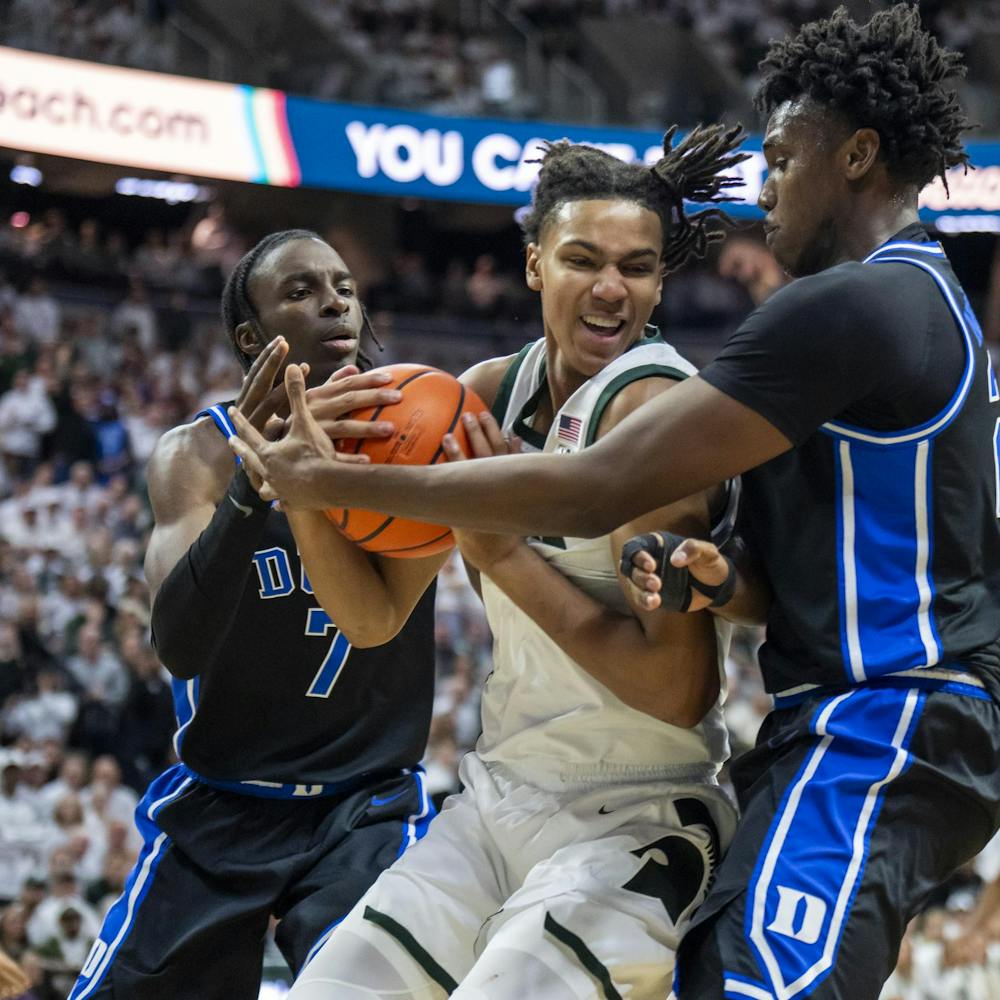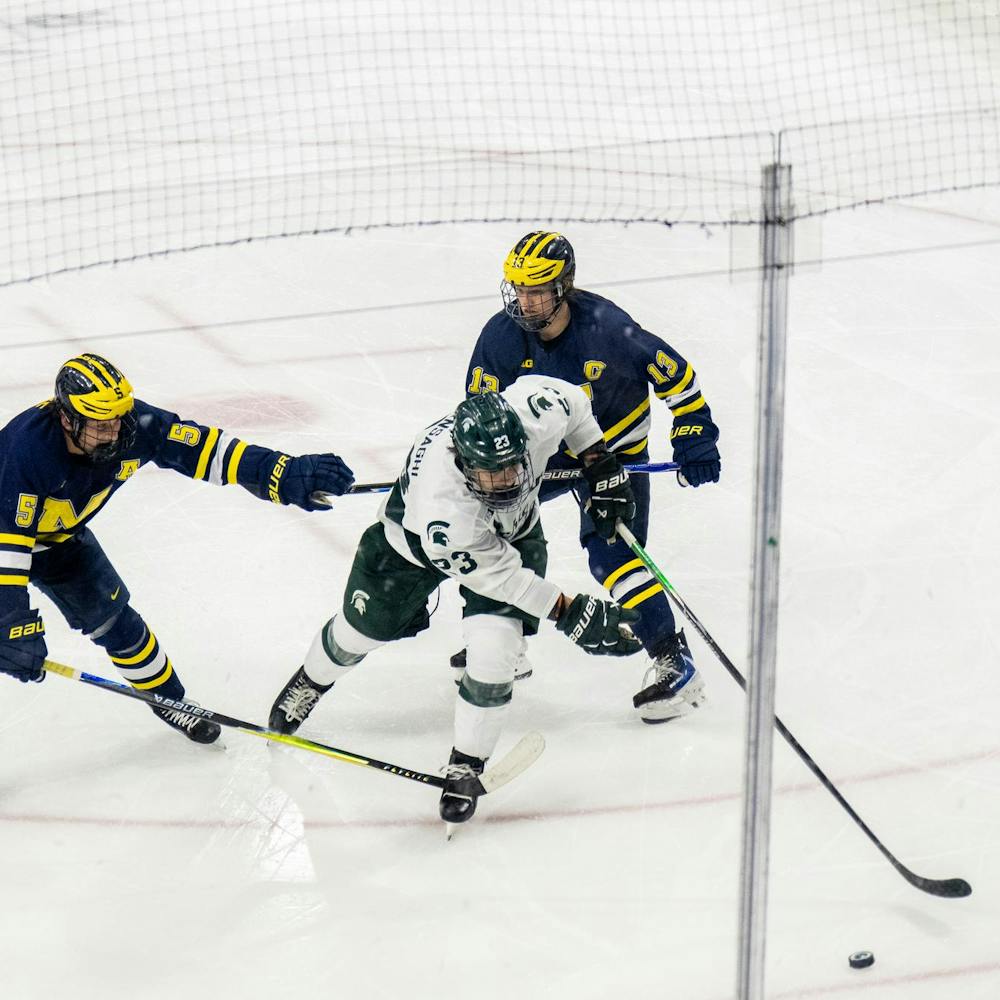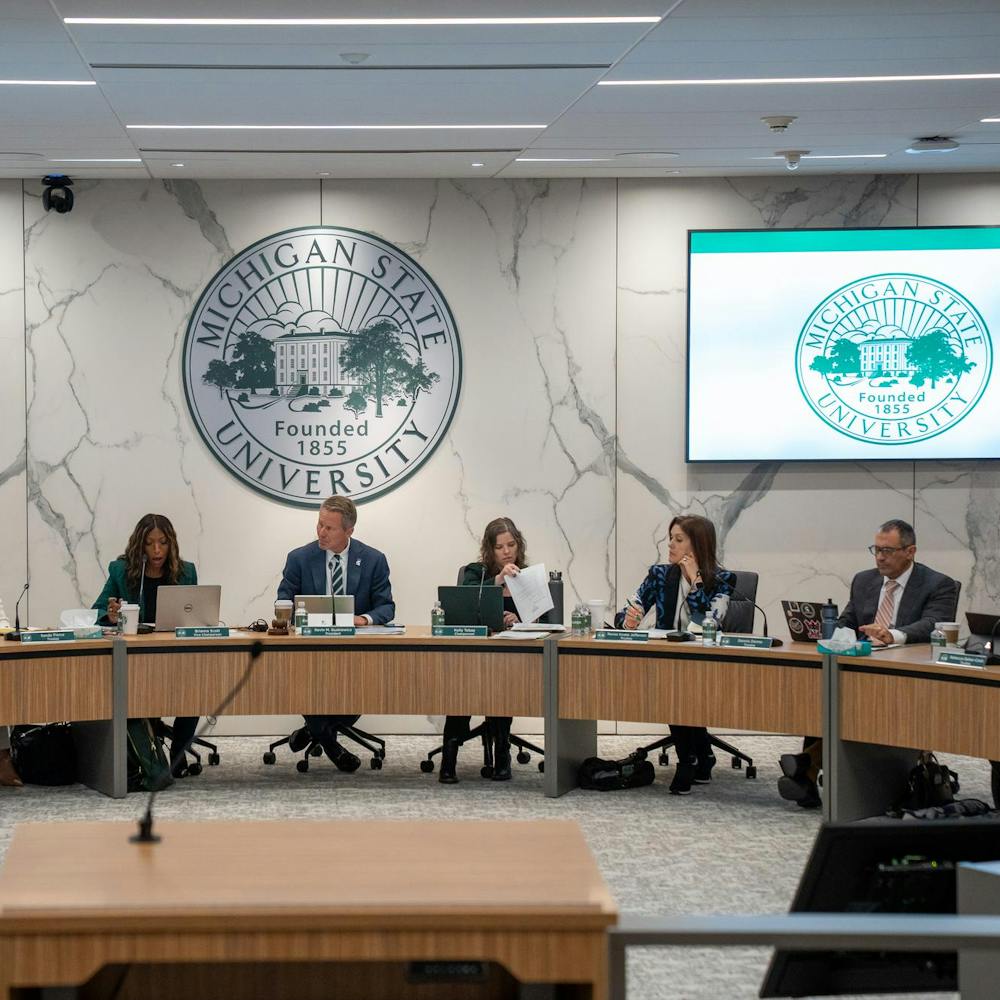If sitcoms on television have taught viewers one thing, it's that everyone knows how to play poker.
The stereotypes of who's sitting at the table are all there. There's the self-proclaimed expert, usually a beer-guzzling, cigar-smoking guy. Then there's the nervous guy who never knows when to hold or when to fold. And there's always someone who seems to be clueless about the game - most likely a woman - who outsmarts the entire table.
In real life, however, there's no room at the table for novices. With shows such as "World Poker Tour" and "Celebrity Poker Showdown," the card game's sudden popularity has produced experts at all levels.
Finance junior Jonathan Baetens was first introduced to the game by a fraternity brother two years ago. Now, he plays at least twice a week.
"I'm sure we're nowhere near the level as the people on TV, but for normal people, we're pretty good," Baetens said.
Sometimes the winnings can come in handy, Baetens said.
"I paid for half my summer (expenses) teaching people how to play," he said.
But for the Garage Gamers, a group of students who graduated from Northview High School in Grand Rapids, poker helps maintain the bond of friendship.
"It's a great way to get people back together," said Duke Greene, a jazz studies sophomore.
The Garage Gamers started playing poker on Ryan Powers' birthday two years ago. Powers, a student at Grand Rapids Community College, keeps records of the games. The goal is to play whenever they get a chance, since they all attend different schools, and wherever they can get an open space, whether it's a back porch, a dorm room or a garage.
"We've been looking at playing on a roof," Powers said.
The rules at the table are simple. None of the gamers are allowed to bring their burdens - it's all good fun, and only fun.
"We don't let in the outside world," Greene said.
If someone's cell phone rings, a player has only 30 seconds to talk before returning to the game. But the players will break for "deuce runs" or trips to McDonald's to spend earnings on double cheeseburgers.
"It's really become a common language among friends," Greene said.
Many poker players agree that poker is just a good way to socialize with friends.
Dan Otto, general management and Spanish junior, said he likes to play poker because he gets to relax with his roommates on a weekly basis in their house basement. He said the environment is laid back, and they watch TV or just talk about whatever's on their minds.
"We get to rehash the weekend and play some cards," Otto said.
Other students, such as engineering freshman Matt Travis, agree with Otto. Travis plays with friends in the dorms practically every day. But he said playing with money increases the game's appeal.
"It's a fun aspect because you are taking risks with money," Travis said. "If you weren't playing with money, it wouldn't be as exciting."
Travis said he thinks more students are learning to play the game but has noticed that more guys than girls play.
"Maybe it's a more masculine game. I don't see why it wouldn't appeal to women though," Travis said.
But is poker a man's game? The ladies of "Desperate Housewives" make time in their busy schedules of wild children and underage gardeners to play a few rounds.
"When I'm up at school, there's maybe two other girls at the table - maybe three," said Kartika Vasavada, a social work sophomore and poker enthusiast.
Sometimes, other women can feel intimidated, but not her, Vasavada said.
"The guys I play with don't like a girl at the poker table," she said. "They get kind of nervous and feel that poker is a man's game.
"But there's some guys that don't care."
Tim Schubring, a hospitality business sophomore and fraternity brother of Baetens, said men have a more competitive nature.
"Girls just don't feel like doing it as much," he said. "If it was one girl at a table with eight guys, she'd be kind of nervous."
Regardless of gender, all players have the opportunity to win big amounts of money. The College Poker Championship offers $135,000 in scholarships to players from all over the globe.
"It was the first event to bring together students from around the world," said Gavin Lachman, a consultant project manager for the championship.
Lachman said the first tournament, held in December 2003, featured 10,000 players from 1,500 schools in 50 countries.
"Our goal is to search for the best college poker player in the world," he said.
Lachman said this year, more than 20,000 players have signed up to compete.
"(Players like) the challenge of the game, the thought-provoking nature of the game," Lachman said. "Our competition seems to be most popular with the U.S."






